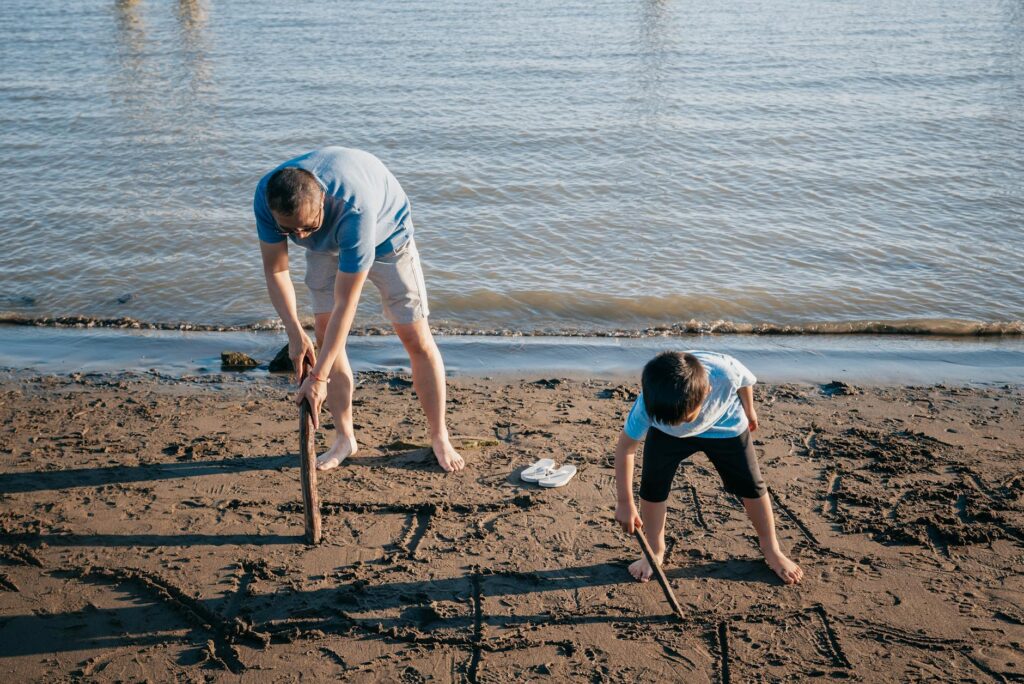What is using vacation time effectively?

What is using vacation time effectively?
In today’s fast-paced world, taking time off from work is crucial for maintaining not only our mental health but also our productivity. Using vacation time effectively means more than just taking a break; it’s about planning a rejuvenating experience that enriches your life and enhances your well-being. It’s your chance to step back, recharge, and rediscover a sense of balance. So, how can you make the most of your time away from work? Let’s explore the importance of vacation time and how to optimize it for personal and professional growth.
Understanding the Importance of Vacation Time
Taking a vacation is not just a luxury; it’s a necessity for mental health and work-life balance. When we disconnect from our daily grind, we give our minds and bodies a chance to recover and reset.
Benefits of Taking a Break
The benefits of vacation are well-documented. According to a Harvard Business Review article, spending time away from work can lower stress hormone levels and boost your immune system. It allows you to return with fresh ideas and a renewed sense of purpose.
Furthermore, studies show that vacations can lead to lower risks of heart disease and improved mental health, including reduced feelings of depression. When we take time to rest, we often find our outlook on life improves, making us more motivated and engaged in our work.
Avoiding Burnout
Burnout is a real concern in our busy lives. Regular vacations can be a powerful remedy. By giving ourselves permission to take a break, we not only improve our mental health but also prevent the overwhelming feelings that lead to burnout. As noted by Penn Foundation, vacations encourage better productivity in the long run, keeping our creativity and spirits high.
Strategies for Using Vacation Time Effectively
To maximize the benefits of your vacation, consider implementing these strategies:
Setting Clear Goals for Your Vacation
What do you want to achieve during your time off? Are you looking for relaxation, adventure, or perhaps personal growth? Defining your vacation goals can help shape your experience. For example, if relaxation is your priority, planning a beach getaway may be perfect. On the other hand, if you’re craving adventure, consider hiking or exploring new cities.
Planning Ahead: Scheduling and Booking
Effective vacation planning is key. Start by determining when you can take time off and then book your travel and accommodations well in advance. This not only saves you money but also allows you to secure your ideal destinations. Websites like Select Registry offer tips for planning a perfect vacation, including narrowing down your options and finding the best times to travel.
Prioritizing Quality Over Quantity
When it comes to vacations, less can indeed be more. Instead of squeezing in multiple trips, consider taking fewer, more meaningful vacations. Quality experiences, like a week in a cozy cabin or a cultural immersion in a new city, can be far more fulfilling than a rushed itinerary.
Activities to Consider During Vacation Time
Maximizing your vacation time also involves choosing activities that enrich your experience. Here are some thought-provoking options:
Engaging in Relaxation Techniques
Vacations are the perfect opportunity to unwind. Consider incorporating relaxation techniques into your time off. Activities like yoga, meditation, or simply lounging in a hammock can help you recharge. If you’re unfamiliar with these practices, there are numerous resources available online to guide you.

Photo by PNW Production
Exploring New Destinations
Travel enriches our lives in countless ways. Exploring new cultures and cuisines can provide fresh perspectives. Whether it’s a road trip across your state or a flight to a foreign country, every journey offers new lessons and experiences.
Connecting with Loved Ones
Vacations provide a great opportunity to strengthen relationships. Spend quality time with family and friends during your time off. These moments create lasting memories that enhance your personal life and leave you feeling fulfilled.
Evaluating Your Vacation Experience
Once you’ve returned from your trip, it’s important to reflect on your experience. This helps you improve future vacations and integrate the positive aspects of your time off into your daily routine.
Assessing What Worked and What Didn’t
Take some time to evaluate your vacation. What did you enjoy most? What would you change next time? Analyzing your experiences allows you to create better plans for future trips.
Implementing Lessons Learned into Daily Life
Incorporating the relaxation techniques or insights gained during your vacation into your everyday life can significantly improve your well-being. Perhaps you can schedule regular short breaks or make time for hobbies that bring you joy.
Conclusion
Using vacation time effectively is essential for personal growth, mental well-being, and professional productivity. It’s not just about taking time off; it’s about ensuring that time is meaningful and enriching. By setting clear goals, planning ahead, and engaging in rewarding activities, you can transform your time away from work into a truly revitalizing experience. So why wait? Start planning your next vacation today, and take the first step toward a happier, more balanced life.